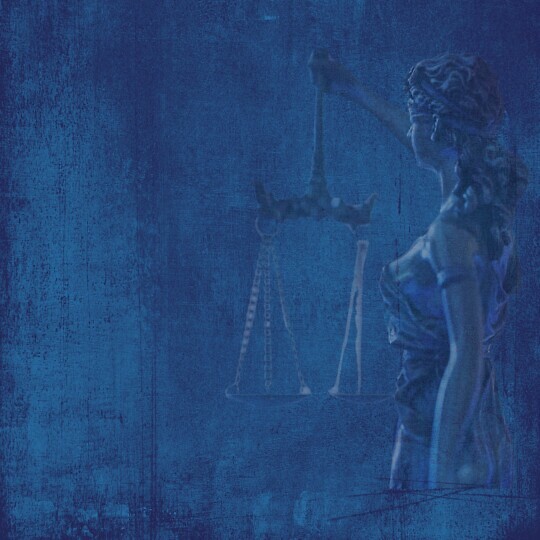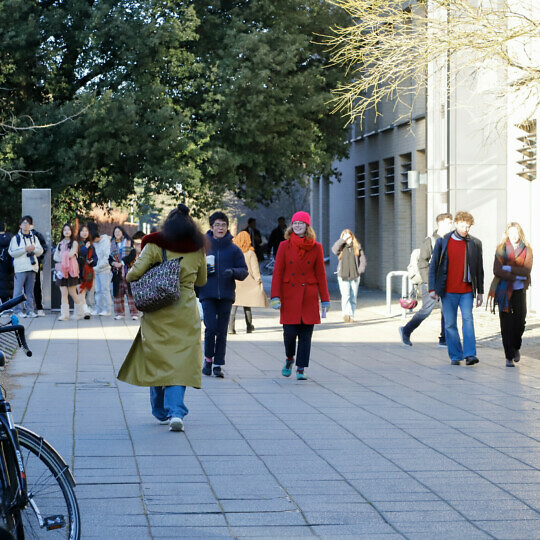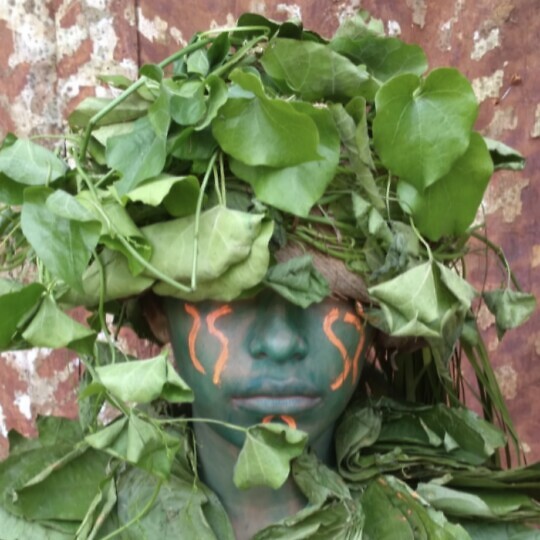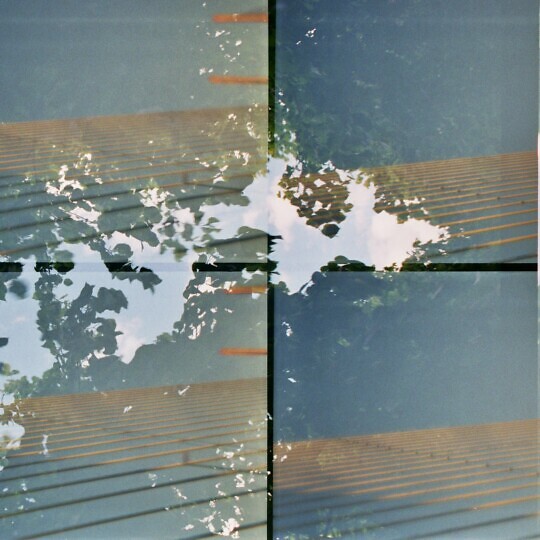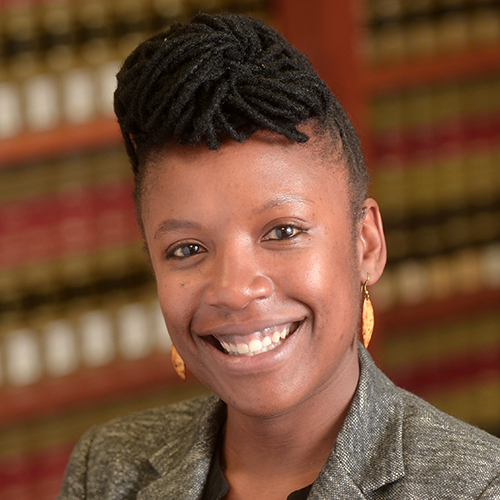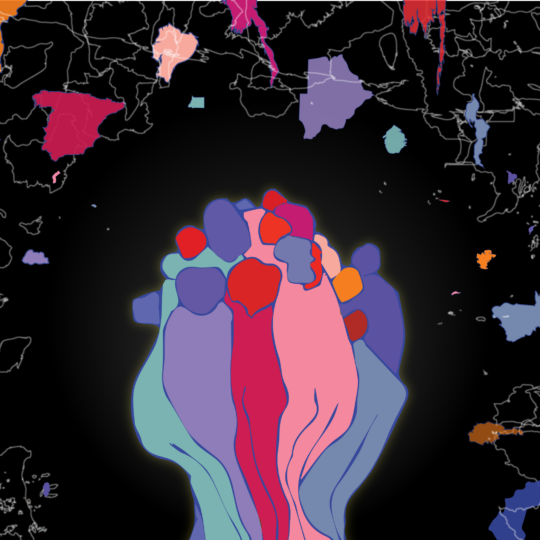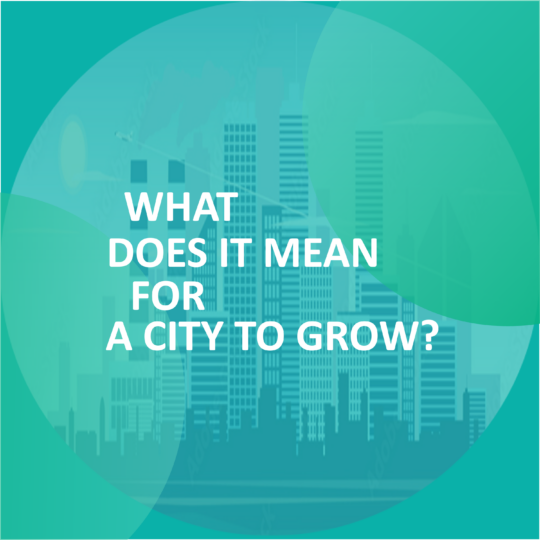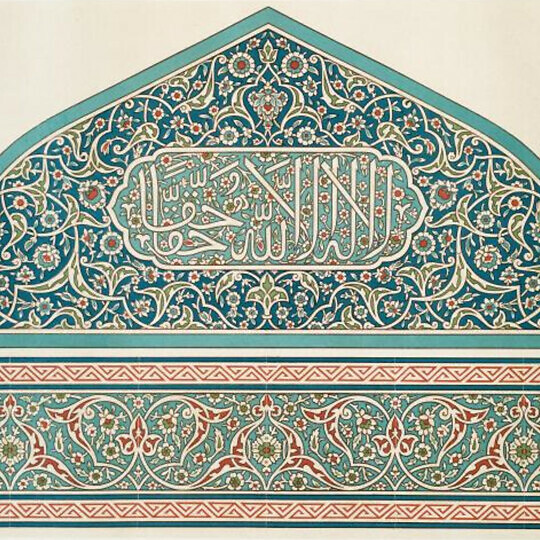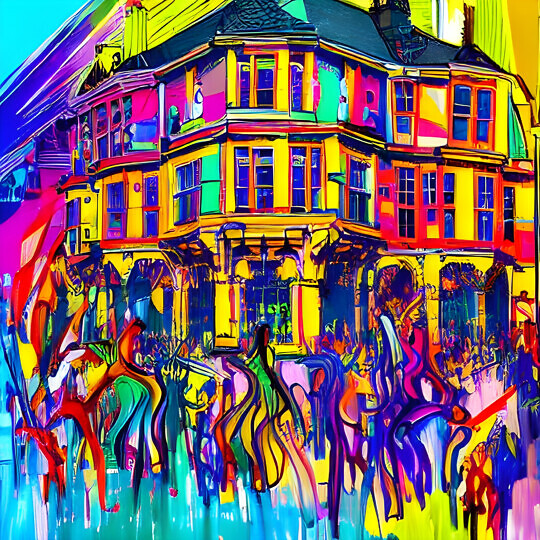| 2 Dec 2016 - 3 Dec 2016 | All day | Alison Richard Building, 7 West Road, Cambridge | |
- Description
- Programme
Description
Registration for the conference is now closed.
Please note that the conference's keynote will be a public event and is open to non-registrants free of charge.
Convenors:
Lukas Engelmann (University of Cambridge)
Caroline Humphrey (University of Cambridge)
Christos Lynteris (University of Cambridge)
Summary
Diagrams inhabit a liminal space between representation and prescription, words and images, ideas and things. From key moments of scientific and intellectual innovation (Darwin’s tree-diagram, Levi-Strauss’s diagram of the raw and the cooked, Lacan’s L-scheme, Waddington’s epigenetic landscape image and Francis Crick’s DNA double helix sketch) to everyday uses in all spheres of social, political, economic and cultural life, the diagram seeks resemblance to the empirical yet aspires to generalization. Conversely, employed across the disciplines as a thinking tool, the diagram hence holds the promise of transforming abstract issues into graspable images and translating the unseen into intelligible and actionable form. Both convincing and misleading and always positioned at the threshold of vision and the unseen, diagrams operate as abstractive and constitutive components of empirical realities.
This conference aims to explore the interdisciplinary, shared traits of diagrammatic thinking so as to go beyond the notion of simplification, of “drawing information together”, which forms the usual analytical ground for understanding syntactic visualizations in the sciences and humanities. Rather than seeing diagrams as systems of linkages, the aim of the conference is to explore the dialectic of inscription and erasure as an inherent and generative trait of diagrammatic practices.
Questions to be raised in the conference revolve around the following themes: How does the visual and logical indeterminacy of diagrams, their resistance to being fully perceived as images or understood as logical arguments, define their operation as ways of reasoning? And to what extent does diagrammatic reasoning extend beyond the realm of diagrams as visual/textual objects? By bringing together ethnographic, historical and philosophical perspectives on the diagram, in its applications across the disciplines, this conference aims to explore its role at the pivot of modern transformations and aporias between abstraction and form.
For more information about this conference when it becomes available, sign up to the conference mailing list.
Sponsors

Supported by the Centre for Research in the Arts, Social Sciences and Humanities (CRASSH).
Administrative assistance: events@crassh.cam.ac.uk
Programme
| Day 1: Friday 2 December | |
| 14.00 - 14.15 | Registration |
| 14.15 - 14.30 | Welcome & Introduction |
| 14.30 - 16.00 | Panel 1: Science Diagrams Discussant: Sietske Fransen (University of Cambridge)
Nick Hopwood (University of Cambridge) Haeckel’s “So-Called Diagrams or Schematic Figures” Rebecca Whiteley (University College London) Diagrams in Early Modern Midwifery: Problems in the Construction and Communication of New Kinds of Body Knowledge Lukas Engelmann (University of Cambridge) Diagrams in Epidemic Modeling |
| 16.00 - 16.30 | Coffee Break |
| 16.30 - 18.00 | Keynote Anthony Vidler (Cooper Union / Yale University) How to Do Things with Diagrams |
| Day 2: Saturday 3 December | |
| 9.00 - 10.30 | Panel 2: Anthropology and Diagrams Discussant: James D. Faubion (Rice University)
Nurit Bird-David (University of Haifa) Diagrammatics in Anthropology: How Kinship Diagrams and Maps Conceal Hunter-Gatherers’ Experiential Worlds Caroline Humphrey (University of Cambridge) Travelling Epigenetic Landscape Diagrams: Visualising Complexity in Diverse Disciplines Christos Lynteris (University of Cambridge) Zoonosis as a Diagram: An Anthropological Approach |
| 10.30 - 11.00 | Coffee Break |
| 11.00 - 13.00 | Panel 3: Diagrams and Design Discussant: Michael Vine (University of Cambridge)
Ro Spankie (University of Westminster) Revisiting Sigmund Freud’s Diagrams of the Mind Philip Steadman (University College London) Abstraction and Schematisation in the Repeated Copying of Designs Christoph Lueder (Kingston University London) Gestures and Diagrams, Corporeality and Choreography Alan Blackwell (University of Cambridge) The Diagrammatic Imagination of Computer Graphics |
| 13.00 - 14.00 | Lunch |
| 14.00 - 15.00 | Final Discussion |

